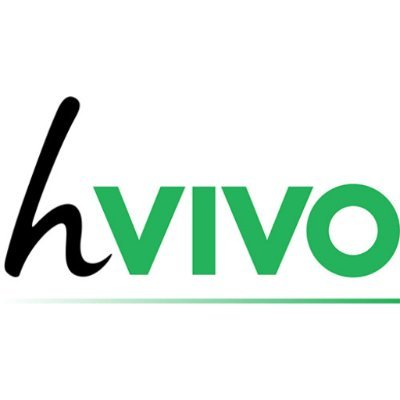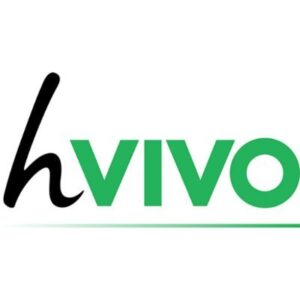The recent rise of the “tripledemic” – the simultaneous spread of the influenza virus, SARS-CoV-2, and respiratory syncytial virus (RSV) – is posing significant risks, especially to older adults and those with chronic conditions or compromised immune systems. Flu and RSV typically peak in the winter, but their convergence with COVID-19 exacerbates healthcare pressures, adding strain to hospital resources. The overlap in symptoms, such as fever, cough, and sore throat, makes it difficult to identify the specific virus without distinguishing diagnostic tests, complicating treatment strategies.
Human Challenge Trials (HCT) offer a significant advancement in tackling these diseases by fast-tracking the development of multivalent vaccines designed to protect against multiple viruses simultaneously. The need for such vaccines has never been more urgent. Currently, vaccines for flu, RSV, and COVID-19 are formulated independently and administered separately. The tripledemic poses a unique challenge, making a combination vaccine, which can protect against all three viruses, an ideal solution.
Multivalent vaccines offer several benefits. They can increase vaccination uptake by simplifying the process into a single shot, reduce healthcare burdens by minimizing logistical challenges, and provide cost efficiency in production and administration. However, developing these vaccines through traditional methods is time-consuming and complicated, especially in terms of regulatory approval and ensuring the effectiveness and safety of each vaccine component once combined. Regulators typically require evidence of safety, immunogenicity, and potentially efficacy for the combined vaccine.
Human Challenge Trials streamline this process by allowing simultaneous testing of multiple antigens, playing a crucial role in vaccine development, especially for new technologies like mRNA vaccines. Unlike traditional field trials, which rely on participants naturally encountering a virus, HCT take a more controlled approach by experimentally inoculating trial subjects with a specific medical-grade version of the virus. This controlled exposure ensures efficacy data is collected against all pathogen targets, facilitating efficient multivalent vaccine development.
HCT offer several advantages. They provide precision by exposing participants to a specific strain of the virus, eliminating the variability seen in community-based infections. This control is not possible in traditional field studies. The speed of data generation is significantly faster because all subjects in HCT are directly exposed to the virus, allowing all to contribute to vaccine efficacy assessments. Consequently, fewer subjects are needed, and the trials are completed much faster than traditional field trials. Additionally, HCT are more resource-efficient, with statistically significant data obtained from fewer participants, reducing logistical and financial burdens. They have predictable budgets and timelines, as they are not dependent on the level of community circulating virus and can be conducted year-round.
HCT can also complement field studies by providing additional data for a specific pathogen in a combination vaccine that was in low circulation during the field trial, effectively supplementing the efficacy data. While HCT are often run in healthy adults with no risk factors for severe illness, they can also be conducted against pathogens where existing immunity may not be sufficient, provided there are proven treatments available. Malaria is an example where the parasite strain is carefully controlled to ensure it is sensitive to antimalarial drugs, allowing for effective treatment during the trial.
Human challenge trials are revolutionizing vaccine development by offering a faster, more precise, and efficient approach to studying vaccine efficacy. As the global leader in Human Challenge Trials, hVIVO performed the world’s first COVID-19 HCT in 2021, providing a tool to quickly test a range of vaccines. This model has progressed with the development of later variants of the SARS-CoV-2 virus, such as Omicron BA 5. hVIVO’s studies have also provided crucial efficacy data, impacting the development of RSV vaccines, which had been unavailable since RSV was isolated in 1956. In the US, RSV causes significant hospitalizations and deaths annually, and the efficacy demonstrated by HCT gave confidence to the market, expediting RSV vaccine programs.
With RSV vaccines now on the market, thanks to human challenge trials conducted at hVIVO, there is greater potential to address the challenges posed by the tripledemic. Integrating such studies can significantly shorten the timeline for developing and bringing multivalent vaccines to market. This development underlines the ethical and practical value of HCT, offering a cornerstone for managing multiple respiratory viruses simultaneously. The potential to save thousands of lives and alleviate the burden on healthcare systems worldwide is substantial, particularly if the higher vaccine uptake expectations of a combination vaccine are realized.
hVIVO plc (formerly Open Orphan plc), led by Cathal Friel, is a rapidly growing specialist contract research organisation (CRO) and the world leader in testing infectious and respiratory disease vaccines and antivirals using human challenge clinical trials, providing end-to-end early clinical development services for its broad and long-standing client base of biopharma companies.


